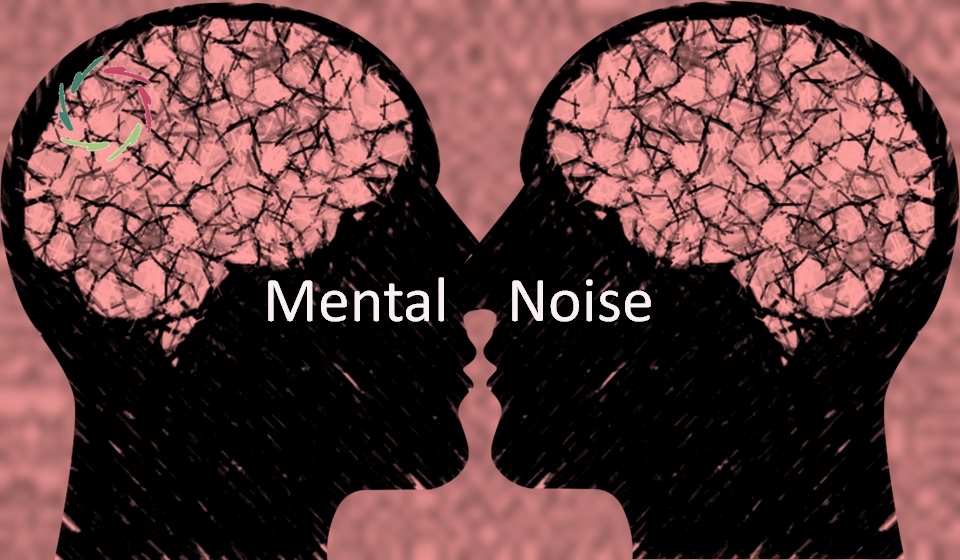I Want to Do in Group

This may be the most fundamental motivational sentence.
David McClelland’s motivation theory
This is arguably the most prominent motivation theory. It suggests three basic needs for anyone: the need for power, achievement, and affiliation.
Many see in this distinction three different personalities, promptly dividing people into three classes: a) those mainly bent on power and control; b) those mainly bent on working hard and achieving goals; and c) those working well with others and seeking out social interactions.
One basic motivation
I see the three together, more intermingled than separate: People want to (be able to) do things in a group.
This forms a complex landscape in which one should be cautious in making clear-cut distinctions. Depending on the person, the situation, the possibilities, and the group, this may show itself one way or another. But basically, it’s always the same.
A few examples:
- Someone works hard to gain power, thinking this is the only way to be loved and respected by others. These others may be concrete or symbolic.
- Someone wants to be in hard-working group with a sense of control over others. (the army?)
- Someone likes to be in a discussion group where competition is seen as a game and a good conclusion as a group’s achievement.
- Someone feels empowered by giving his best for a successful organization.
Generally, starting with any one of the three, then looking for the other two, they can be found. What stands most at the front also depends on the way of looking. You might feel this when looking closely at the examples.
So, to ‘motivate’ someone, you can always start from this synthesis.
Of course, this is not the end of the motivation story. [see: “Deep Motivation – Because it is the Only Motivation”]
It’s a good start.
Another useful step may be – together with the other – looking for how all three may fit in his story, what may be missing and what can be filling.
Also, for instance, in providing feedback or giving a reward.
Instead of putting people into categories and related ‘types of feedback,’ it may be more effective to be open for the three in any specific situation.
Meanwhile, you may learn something more about the other and yourself. You may encounter unforeseen aspects.
Understanding demotivation
Of equal importance may this be towards understanding how people get demotivated, or even end up in a burnout ― ‘energy has gone.’
If it is difficult to motivate someone, it may be easier to avoid demotivation. In many cases, it is also by far more effective.
For both, we have to go into meaningfulness.
Doing so, we can also see a huge difference in what essentially motivates people. This depends on the first and foremost term of the sentence, namely ‘I.’
Is this ‘I’ an ego? [see: “The Story of ‘I’”] [see: “The Story of Ego”]
The sentence is the same. The meaning is completely different, not only of this term but also of all the others in the same sentence. The doing is different. The relation to the group is different.
Regarding motivation, things also become very different.
The thing to remember
is not much. It’s the title of this text: “I Want to Do in Group.” If you get the meaning of this, and you can apply it to any specific case, the chances are you will see concrete results in anything related to motivation.
It may still not be easy, but, hopefully, easier.
Also, it shows the direction in which you may choose to see motivation.
In my view, this is immensely important.


